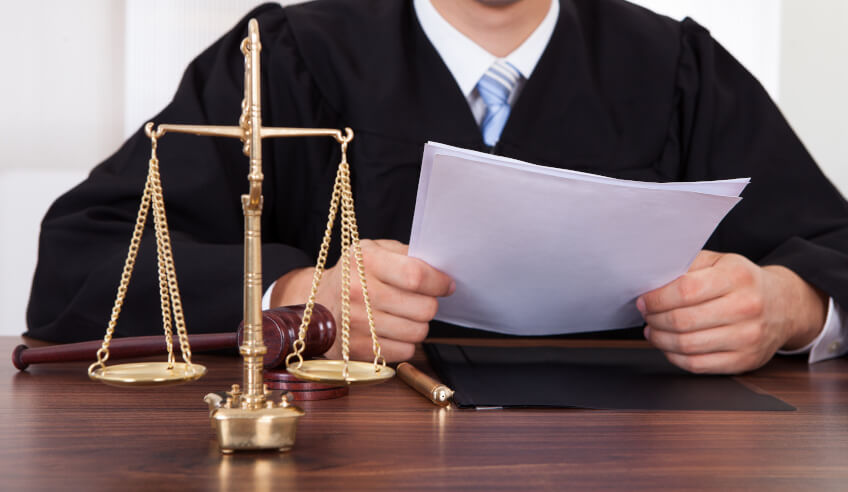WA trial judge overruled for failing to properly direct the jury
Jury trials and their credibility in high-profile cases have come under the knife lately – but what happens when the unconscious bias is driven in part by the trial judge?

In a case before the Supreme Court of Western Australia, one man appealed a conviction of an offence of dangerous driving occasioning grievous bodily harm on the grounds that the trial judge misdirected the jury and summed up in a way that suggested bias.
To continue reading the rest of this article, please log in.
Create free account to get unlimited news articles and more!
The Western Australia Director of Public Prosecutions conceded there were errors in the trial judge’s final remarks, and for those reasons the appeal judge granted leave to appeal, to uphold their appeal, set aside the conviction on one count and order a retrial on that count.
“In our respectful opinion, the judge’s erroneous statements in impugned passages gave rise to a real risk that the jury [was] given a false bias,” the appeal documents read. “The judge’s erroneous statements gave rise to a miscarriage of justice.”
The validity and credibility of juries have been the subject of criticism lately, particularly in the days following the High Court of Australia’s George Pell decision. In many instances, however, the fault of a jury’s unconscious bias comes down to the judge’s remarks.
In the case of the Western Australian judge, the DPP found the errors concerned the jury approach to fact-finding and the onus of proof.
“The critical question is whether, when the summing up is considered as a whole, as a jury listening to it might understand it, there is a real risk that the words spoken would convey to the jury a false basis for determining whether the state had proved its case.”
Her honour told the jury that, in considering the count under the appeal, they must also consider whether or not the manner of driving was excused by reason of the fact that it had occurred in circumstances of a sudden and an extreme emergency.
Those several errors were in close proximity and all had the same problem: they tended to direct the jury to the question of whether the jury was or was not satisfied that the condition existed. The errors were likely to have had a compounding effect.






